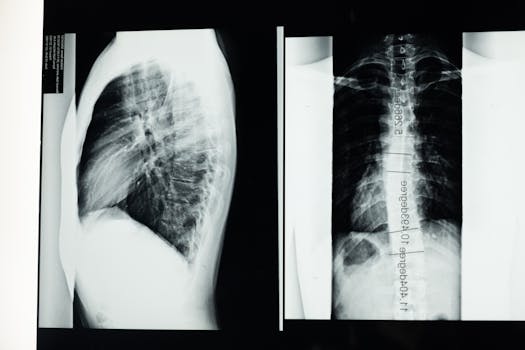
Introduction to Genetics and Health

The role of genetics in human health and disease is profound and multifaceted. Genetics refers to the study of genes, heredity, and genetic variation in living organisms. This field has gained significant attention in recent years due to advancements in genetic research, which have revealed insights into how our genes influence our susceptibility to various diseases.
The Genetic Basis of Disease

Many diseases have a genetic component. For instance, conditions such as cystic fibrosis, sickle cell anemia, and Huntington’s disease are directly linked to genetic mutations. These hereditary conditions can be passed down from parents to offspring, highlighting the importance of understanding genetic inheritance.
Environmental Interactions and Genetic Expression

While genetics play a critical role in health, it is essential to recognize that they interact with environmental factors. Lifestyle choices, nutrition, and exposure to toxins can all influence gene expression, which can either mitigate or exacerbate genetic predispositions to certain diseases. This interaction is a key area of study in fields like epigenetics.
Advancements in Genetic Research

Recent advancements in genetic research, including the mapping of the human genome, have opened new avenues for understanding and treating diseases. Techniques such as CRISPR gene editing hold promise for correcting genetic disorders before they manifest in individuals. Furthermore, personalized medicine, which tailors treatment based on an individual’s genetic profile, is becoming more prevalent.
Conclusion

In conclusion, genetics plays a crucial role in human health and disease. Understanding the genetic basis of diseases allows for better prevention, diagnosis, and treatment options. As research continues to advance, the integration of genetic knowledge into healthcare will likely lead to significant improvements in patient outcomes.



